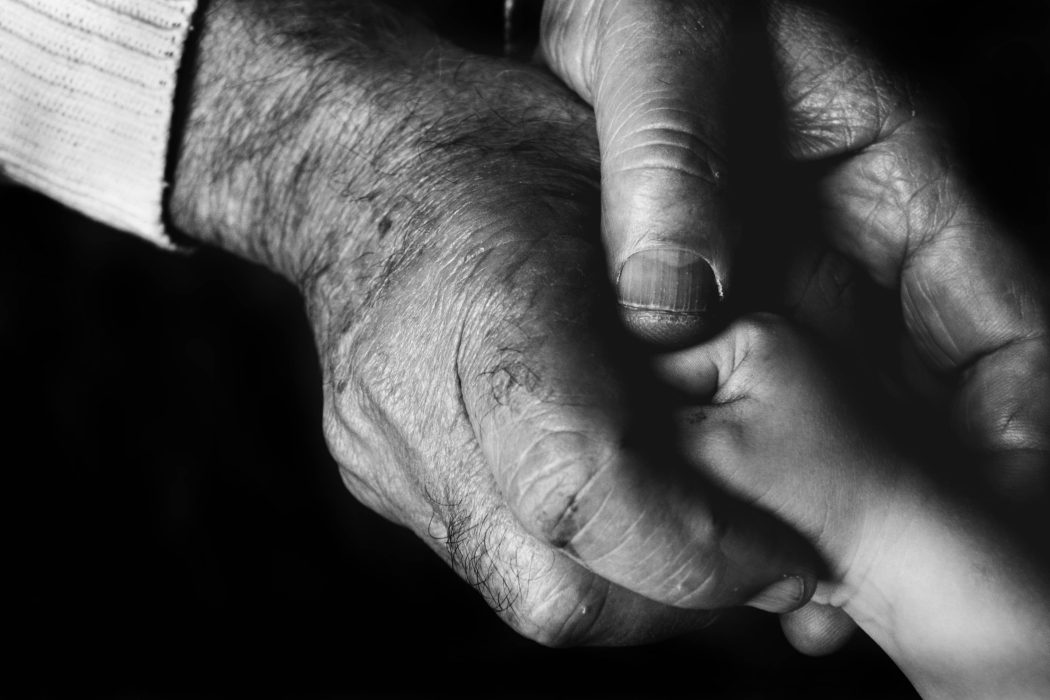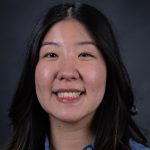When I approach the door of an exam room, I am always bracing myself. Always preparing myself – my heart, brain, and mouth – because somehow, my inclination is always to start the encounter with, “hi, I’m the med student!” rather than anything else that might make myself come off more affable and competent.
There’s something inherently humbling about walking into an exam room as a provider, or soon-to-be provider, but for me, there’s something about crossing that threshold that turns every patient into my grandfather. Whether it’s a teenager with an achy arm or a middle-aged construction worker with a persistent cough, the person sitting in the chair just ahead of me is my late grandfather.
Venture with me into a patient history:
An 80-year-old man with a significant past medical history of gastric cancer, subtotal gastrectomy, rheumatoid arthritis, and diabetes mellitus presents with chronic, progressive dyspnea. Social history includes emotional support of wife, son, daughter, and granddaughter – the latter two who reside in Phoenix. Currently lives in Seoul, South Korea, but visited Phoenix almost 10 years ago to see his daughter and granddaughter. Ancestry is South Korean, military history of many years in the Korean military and police force, and spare time activities include playing Go, walks in the park, and calling his granddaughter.
This is the history that my granddad’s medical team failed to take. I have since filled in the blanks that they never inquired about, that I would have gladly informed them about, had I been given the chance to do so.
As a former loved one, to discover that the last chapter of my granddad’s life had been turned into a case study overwhelmed me. In the three years since his passing, I have attempted to learn how to exist in a world where he no longer exists and wondered if I could have done something to have prevented his passing. And three years after his passing, I stumbled across his case study written by his former medical team.
As a physician in training, scientist, and scholar, my granddad’s case study is a lesson for my fellow colleagues. My granddad is one of now nine cases of disseminated coccidioidomycosis ever reported in South Korea, and one of only 18 cases to have ever been confirmed. If anyone had ever asked him if he had been out of the country, his travel history would have come up and informed them that, perhaps, it was time to think about zebras instead of horses. They state, instead, that because he did not provide the information to begin with, the “lack of information delayed accurate diagnosis,” and in the same breath, acknowledge that travel history is important for diagnostic purposes.
It is difficult for me to reconcile both roles at the same time – why didn’t they ask him if he had ever traveled? Opposingly, why didn’t he provide that information to begin with? Is it a patient’s job to provide all of the necessary information, and if so, how are they to know what is necessary information?
Near the end of the case study, it doesn’t go unnoticed by me that they state he was discharged with improvement of symptoms. They did not go into detail about how he returned to the hospital just days later, and passed away with his wife and son by his side. My scholarly side argues that those are details that are unnecessary – this is a case study, meant to disseminate knowledge. But my loved-one side argues otherwise.
As my racing heart slows and the tears subside, a third side of me makes herself known: this is why we do what we do. In medicine, there is a need for both a full history and the support from loved ones that guides a patient through their journey. An 80-year-old man, accompanied by his wife and his granddaughter on the phone via an international call, with a significant past medical history of gastric cancer, rheumatoid arthritis, and diabetes mellitus presents to the clinic with chronic, progressive dyspnea. I believe that my phone and FaceTime calls kept my granddad’s spirits up more so than the fluconazole and amphotericin B they administered, and at the same time, I believe his treatments kept him with me for as long as he’d wanted.
It is for the love of medicine and for the love of my granddad that I view every patient as him. If the question of “I’m not sure if this is relevant” comes up, I know that it is better to check for relevance instead of assuming. And when I walk into the room, and the patient asks me to say hello to their granddaughter on the phone, I would love to do so and say, “hi, I’m the med student assisting with the care of your granddad.”
Cindy Reynolds is a member of The University of Arizona College of Medicine - Phoenix Class of 2026. She graduated from Arizona State University with her BS in Biochemistry with a minor in English Literature in 2021 and her MS in the Science of Health Care Delivery in 2022. She has special interests in health policy, running, ice cream, and fuzzy socks.


